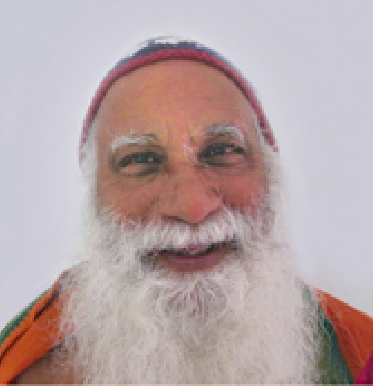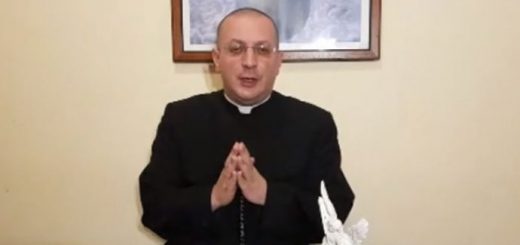A Merry Christmas and a Befitting Personality

Swami Snehananda Jyoti
Personality generally means those qualities that describe an individual. Gordon Allport, a well-known personality psychologist, who extensively studied personality of individuals, their traits and characteristics, defined personality as “the dynamic organization within the individual of those psychophysical systems that determine his characteristic behavior and thought”. When we generally talk about a person as having a good or bad personality, we are talking about how a person makes a good or bad impression on us. We look at the characteristics of a person that stand out. Persons in our interactions with them are making positive or negative impressions on us and we make quick decisions on how we like them and can easily get along or not with them. We often observe their ease, gait, mannerisms, friendliness, and warmth. In a consumerist culture making impressions has become an art in itself as impressions in presentations, advertisements, and commercials sell products to be bought and consumed. Needless to say, most persons are affected by superficial impressions rather than substance. The word, persona, is a Latin word, that originally meant a mask whereby a person played different roles or characters on the stage.
And from very early on in life we are playing different roles on our stage that is the whole world. Personality then is our unique adjustment, that we think is helpful for us, and that stands invariably between us and our world. Our personality is formed by our fears and anxieties, domination or submission, aggression or suffering of aggression, and superstitions and rituals to deal with anxieties or unknown, often primitive, forces and elements. When various tensions arise within us, they motivate us to act in healthy ways to reduce those tensions, and our personality comes to a healthy and benign adjustment. A way of adjusting or responding to violence, for instance, changed the whole world in a positive way when Christ taught humanity to suffer violence rather than to respond to violence in kind. Non-violent civil disobedience, certainly rooted in the view of St. Thomas Aquinas that unjust laws did not bind the citizen in conscience, effectively developed by Henry Thoreau deeply influenced Mahatma Gandhi in developing the practical art of fighting tyranny and achieving legitimate human rights. Obviously responding to violence in two diametrically opposed ways forms two different kinds of personalities. Really who we are is what we do.
Generally Eastern personalities are considered to be passive-aggressive personality-wise. They try to hold unpleasant stuff within, and then try to release in small explosions or in one big bang. In other words, they are aggressive even when they are passive. Western personalities in general are less likely to have the tolerance or patience in enduring suffering, and more likely to strike out and be aggressive faster than their eastern counterparts. Of course, there is the danger of stereotyping, and the personality characteristics that differentiate the eastern and the western personalities are disappearing over time as the world is becoming one due to increased intercourse and migrations.
Actually I should have high-lighted love and truth more than violence and aggression. However, violence and corruption seem to be gaining more ground, at least in the short run, than truth and love. Ultimately truth and love will win. As the New Year is near, it is good to take stock of our own personality traits and dispositions that will determine the success of truth and love.
Wish you a merry Christmas and New Year.
Peace and love
Swami Snehananda Jyoti
















